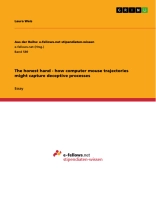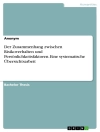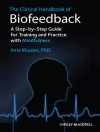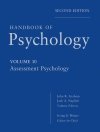Essay from the year 2012 in the subject Psychology – General, grade: 1, 2, University of Aberdeen, language: English, abstract: Assuming that motor action might help understanding underlying psychological processes, the current study attempts to identify deceptive behaviour by tracking the dynamics of hand movements during a computer-sorting task. Participants were asked to deceive by pretending that some of the items they “owned” have been paid for even though they were stolen. Analysis of participants’ streaming x-, y- mouse coordinates, during decision-making suggested that movement trajectories might indeed reveal underlying cognitive processes during deception. Statistical indicators of curvature and reaction times, including area-under- the-curve (AUC) and maximum deviation (MD) implied that there was as greater cognitive competition during deceptive than during truthful responding. Deceptive responds were made more slowly, with a stronger curvature tendency towards the alternate truthful answer. Non-deceptive responding was associated with shorter reaction times and more linear response trajectories. This supports prior research indicating that action dynamic measures might capture deceptive processes.
Laura Weis
The honest hand – how computer mouse trajectories might capture deceptive processes [EPUB ebook]
The honest hand – how computer mouse trajectories might capture deceptive processes [EPUB ebook]
购买此电子书可免费获赠一本!
语言 英语 ● 格式 EPUB ● ISBN 9783656328711 ● 出版者 GRIN Verlag ● 市 München ● 国家 DE ● 发布时间 2012 ● 版 1 ● 下载 24 个月 ● 货币 EUR ● ID 3960156 ● 复制保护 无












